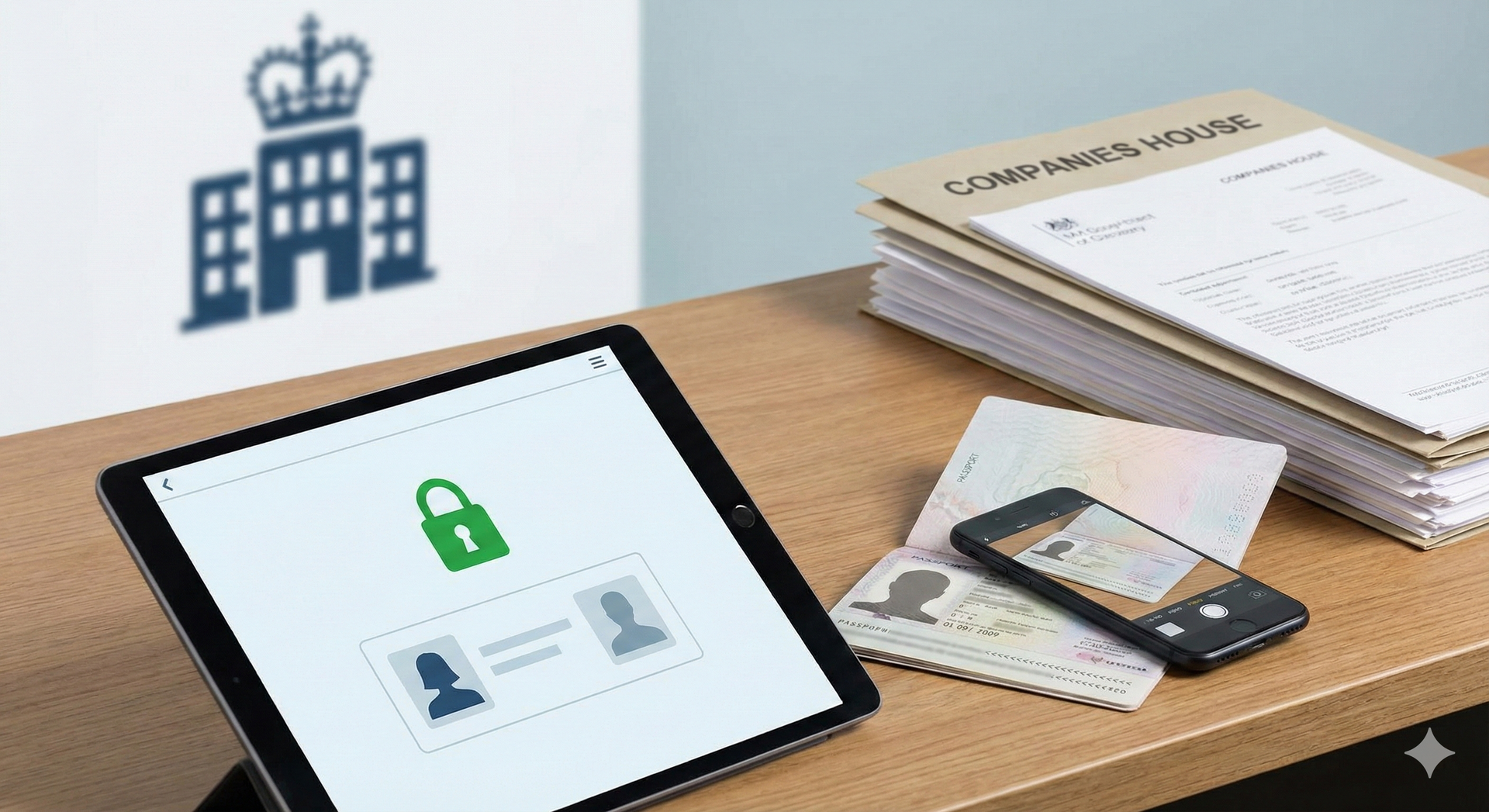What is the VAT Threshold – How to Prepare and What to Do if You Need to Register
What is the VAT Threshold – How to Prepare and What to Do if You Need to Register
If you’re running a small business in the UK, one of the key financial thresholds you need to be aware of is the VAT registration threshold. Reaching or exceeding this threshold means you’ll need to register for VAT with HMRC — and doing so brings with it both responsibilities and opportunities.
In this article, we’ll break down what the VAT threshold is, how to monitor your income, what to do if you go over it, and how to stay compliant moving forward.What Is the VAT Threshold?
As of the 2024/25 tax year, the VAT registration threshold is £90,000. This means that if your taxable turnover (not profit) over the last 12 months hits or exceeds this amount, you must register for VAT.
Taxable turnover includes the total value of everything you sell that isn’t exempt from VAT. It’s important to note that this isn’t based on a calendar year or tax year – it’s a rolling 12-month period.What Happens If You Go Over the Threshold?
If your turnover exceeds £90,000, you’ll need to register for VAT with HMRC within 30 days of the end of the month in which you exceeded the threshold.
Failing to register on time can result in penalties, interest on any VAT owed, and additional compliance headaches down the line.
How to Monitor and Prepare
Staying on top of your turnover is essential, especially as your business grows. Here are a few ways to prepare:
1. Track Your Turnover Monthly
Set a regular reminder to review your turnover for the past 12 months. This will help you identify if you're approaching the threshold and avoid any surprises.
2. Use Accounting Software
Cloud-based tools like Xero or QuickBooks can automatically track your turnover and alert you when you're nearing the threshold. This is a smart way to keep your finances in check and reduce manual admin.
3. Get Professional Help
An accountant or tax adviser can help you assess your position, plan ahead, and understand whether your sales are taxable or exempt.Voluntary VAT Registration
Even if your turnover is under the threshold, you may choose to register voluntarily. This can be beneficial if:
- You sell to other VAT-registered businesses (as they can reclaim the VAT you charge)
- You incur a lot of VAT on your purchases and want to reclaim it
- It enhances your business’s credibility
However, voluntary registration does bring added admin and record-keeping, so it’s not for everyone.Once You’re Registered
Once VAT registered, you’ll need to:
- Charge VAT on your taxable sales
- Submit VAT returns (usually quarterly)
- Pay any VAT due to HMRC
- Keep digital records in line with Making Tax Digital (MTD) requirements
You’ll also be able to reclaim VAT on qualifying business expenses.
Need Support?
Navigating VAT registration and compliance can feel overwhelming, especially if you’re running your business solo or alongside a small team. That’s where FileTaxGo can help.
We offer tailored support for small businesses and self-employed individuals – whether you're approaching the threshold, need to register, or want help managing your returns.
Get in touch with us today to speak to one of our friendly experts and make VAT compliance simple.Ready to register for VAT or need help keeping track of your turnover?
Contact Us for professional support without the jargon.



